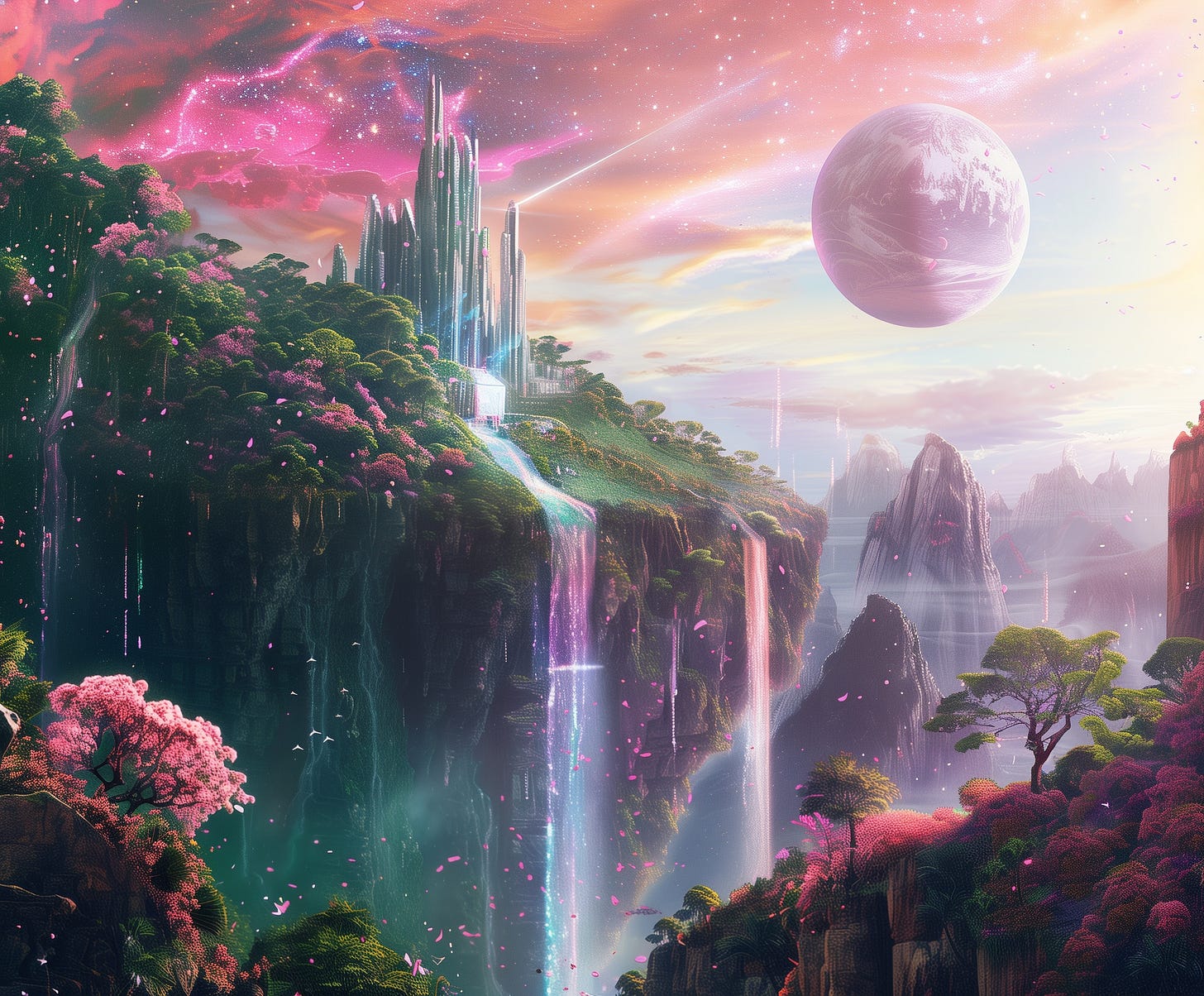Writing Prompt: Fix Capitalism
By September 30th.
As you may have noticed, my current topic of study is capitalism and how we can make this system work better for humanity.
I have a few more posts coming out on the subject but I’d love your thoughts as well. Please respond or write a post on this topic (in either fiction or nonfiction) and include your response in the comments of this post by September 30th. I’ll share my favorite responses in a roundup in October!
I can’t wait to see what you come up with! Thanks for thinking through a better future with me,




The way to fix capitalism is to realize it is cyclical in nature and mimics an ecological system. Ours is what I teach my business students is a Yellowstone economy. Like the Lodge Pole Pine forests in our national park capitalism needs an occasional conflagration to reset itself. The pine forests in Yellowstone burned in 1988. What appeared to be a disaster when over 400,000 acres of park land were consumed in the great Yellowstone fire of 1988 instead set the stage for an era of rapid, good growth.
Depressions are American capitalism's version of a forest fire. They should be called corrections because that is the role they serve. We speak of the Great Depression, but we don't connect the economic expansion that occurred afterwards. The depression made the expansion possible by eliminating an over concentration of resources.
Every so often our economy self corrects. This represents the end of a cycle. The stagflation of the 1970s begat the Reagan and Clinton era expansions. 2008 was a cycle end. Our government, protecting the interest of the finance crowd stepped in and blocked the needed correction. This is the issue-we refuse to let capitalism be capitalism. We neutered capitalism or rather George Bush, Barack Obama, and Ben Bernanke neutered capitalism by bailing out AIG.
There is much more I could say, but my students pay for the full analysis. An analysis I came up with in the late 1990s. This is why I believe I'm right. My theory predicted the cycle end. Let capitalism be capitalism and it will destroy wealth to create greater opportunity for all. Neuter it and wealth concentration continues unbated at the expense of thew middle and working class.
Hi Elle
This is the link to an article I wrote for the Journal of Sustainable Marketing about how we can set the market incentives to encourage pro-social behavior by private enterprise. I hope it has some relevant ideas:
https://luminousinsights.net/articles/JSM-2023-116
The goal is to establish a system that produces pro-social outcomes - independent of whether the motivations of the parties are pro-social or purely self-interested.